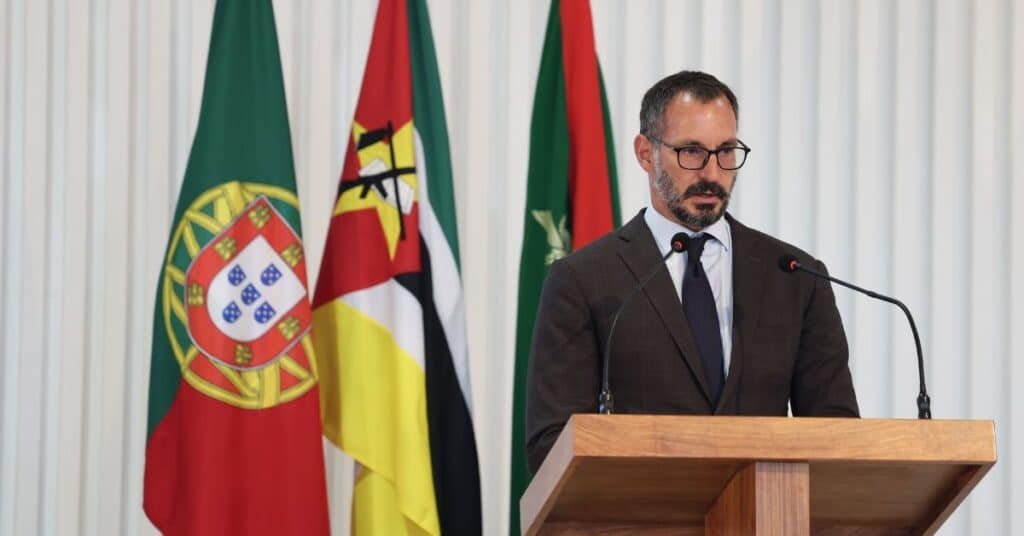LISBON: Prince Rahim Al-Hussaini, Aga Khan V, was appointed the next spiritual leader of the Ismaili Muslim community after the death of Prince Karim Aga Khan IV, Aga Khan Development Network (AKDN) said on Wednesday.
According to a statement issued by AKDN on social media, Prince Rahim V was appointed as the 50th hereditary Imam of the Ismaili community, who was nominated by Prince Karim Aga Khan in accordance with tradition.
The Aga Khan is considered by his followers to be a direct descendant of the Prophet Muhammad and is treated as a head of state.
The AKDN announced earlier that Mawlana Shah Karim Aga Khan IV, 49th hereditary imam of the Shia Ismaili Muslims, died surrounded by his family. It said his burial and will-reading will be held in the coming days, followed by an homage ceremony.
A post on the AKDN social media page said, “In keeping with the centuries-old tradition of nass — the formal designation of a successor — the mantle of leadership has now passed to Mawlana Shah Rahim Aga Khan V.”
The announcement adds that the new Imam inherits the spiritual and institutional leadership of the Ismaili community. As the community comes to terms with the loss of its beloved 49th Imam, it now looks to Prince Rahim Aga Khan V to guide them into a new era, the post read.
Born on 12 October 1971, Prince Rahim is the eldest son of the Late Prince Karim Aga Khan and his first wife Princess Salima.
He was educated at Phillips Academy Andover and graduated from Brown University in 1995 with a Bachelor of Arts in Comparative Literature. Prince Rahim has two sons, Prince Irfan (born 2015) and Prince Sinan (born 2017).
Prince Rahim has served on the boards of many agencies of the Aga Khan Development Network, while he has also been actively involved in the Institute of Ismaili Studies and community social work.
According to the statement, Prince Rahim is particularly concerned with the AKDN’s efforts to protect the environment and mitigate the impacts of climate change.
He has also consistently focused on the work of AKDN and Ismaili community institutions to meet the needs of those most in poverty and help them improve their livelihoods through education, training, and enterprise.




